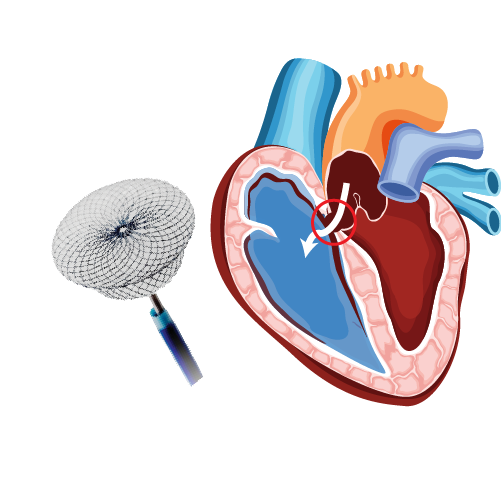10 Effective Tips for Lipid Lowering in Different Clinical Scenarios
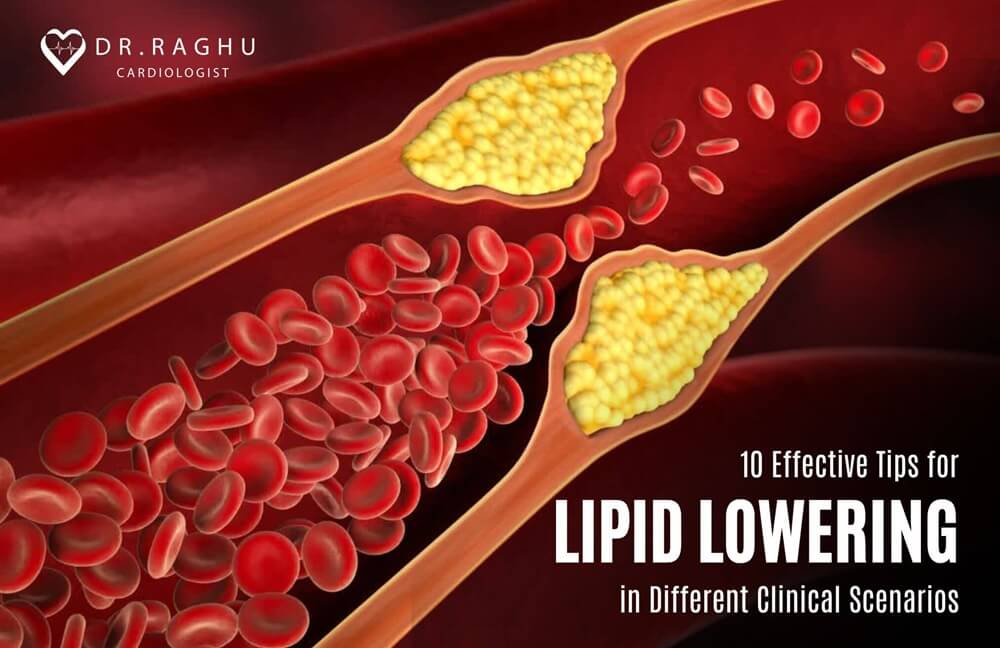

Cardiovascular health is intricately linked to lipid management, and effective strategies for lipid-lowering play a pivotal role in preventing cardiovascular diseases. Lipids, which include cholesterol and triglycerides, are essential components of cell membranes and serve as precursors for various hormones. However, imbalances in lipid levels, particularly elevated levels of certain lipids, can contribute to the development of cardiovascular diseases.
Maintaining optimal lipid levels, including a balance between LDL and HDL cholesterol, is crucial for heart health. However, the landscape of lipid management is multifaceted, requiring tailored approaches in various clinical scenarios.
In this article, we will dig deeper into a few effective strategies for lipid management, offering comprehensive insights for healthcare professionals and individuals alike. By understanding the complexities of lipid profiles in different clinical contexts, we can refine our approaches and enhance cardiovascular outcomes.
Individualized Treatment Plans
Effective lipid management begins with recognizing the uniqueness of each patient. Tailoring treatment plans based on factors such as age, gender, comorbidities, and lifestyle is essential. By acknowledging individual variations, healthcare professionals can design personalized interventions that resonate with the specific needs of each patient.
Nutritional Interventions
A cornerstone of managing lipid levels involves a profound focus on nutrition. Encouraging a heart-healthy diet goes beyond general recommendations. A diet rich in fruits, vegetables, whole grains, and lean proteins becomes foundational. Furthermore, incorporating foods with omega-3 fatty acids, such as fatty fish, flaxseeds, and walnuts, adds an extra layer of specificity to dietary guidance.
Physical Activity
Physical activity is a dynamic catalyst in improving lipid profiles. Beyond recommending exercise, healthcare professionals should guide individuals on specific aerobic exercises—like walking, running, and cycling—that not only contribute to lipid reduction but also elevate HDL (good cholesterol) levels, enhancing overall cardiovascular health.
Statins and Other Medications
The pharmacological landscape of lipid management revolves around the pivotal role of statins. However, a nuanced understanding of alternative medications is crucial. Exploring options such as bile acid sequestrants or PCSK9 inhibitors in specific clinical situations broadens the therapeutic repertoire, enabling more tailored and effective interventions.
Management of Familial Hypercholesterolemia
Familial hypercholesterolemia (FH) introduces a unique set of challenges. Identifying individuals with FH requires a comprehensive approach, integrating genetic testing and early intervention. Aggressive lipid-lowering strategies become imperative in managing this inherited disorder, underlining the importance of precision in clinical decision-making.
Diabetes and Lipid Control
Individuals with diabetes demand a specialized approach to lipid management. Beyond glycemic control, healthcare professionals need to consider medications like statins that provide dual benefits in managing both diabetes and dyslipidemia. This integrated approach addresses the intricate interplay between the two conditions.
Post-Menopausal Women
Hormonal changes in post-menopausal women significantly impact lipid levels. Healthcare professionals should navigate this landscape with a keen awareness of potential risks and benefits. Hormone replacement therapy, while approached cautiously, may be considered under specific circumstances, necessitating an informed and individualized decision-making process.
Hypertension and Combined Therapies
The intricate relationship between hypertension and dyslipidemia calls for a holistic approach. Implementing combined therapies that address both hypertension and dyslipidemia ensures a comprehensive strategy for cardiovascular risk reduction. This integrated perspective aligns with the interconnected nature of cardiovascular health.
Liver Disease and Lipid Abnormalities
Liver conditions introduce additional complexities to lipid management. Tailoring lipid-lowering approaches for individuals with liver disease requires a careful consideration of the potential impact on medication metabolism. This individualized approach ensures both efficacy and safety in the treatment strategy.
Regular Monitoring and Follow-Up
The journey of lipid management is an ongoing process. Emphasizing the importance of regular lipid monitoring is crucial for evaluating the effectiveness of interventions. Healthcare professionals should advocate for continuous assessment and be prepared to adjust treatment plans based on individual responses, fostering sustained progress in lipid management.
In Conclusion
Effective lipid management goes beyond standard recommendations, demanding a detailed and personalized approach across diverse clinical scenarios. By navigating the intricacies of individualized treatment plans, nutritional interventions, and pharmaceutical strategies, healthcare professionals can significantly contribute to optimizing cardiovascular health. This comprehensive perspective not only mitigates the risk of cardiovascular diseases but also empowers individuals to take an active role in their lipid-lowering journey.
Dr. C Raghu is a renowned interventional cardiologist in Hyderabad. He is often regarded as one of the best cardiologists in India. If you or anyone you know is looking for heart disease treatment, reach out to Dr. Raghu today.
Book Online Consultaion
10 Effective Tips for Lipid Lowering in Different Clinical Scenarios
Subscribe the Hearty Life Blogs

DR. RAGHU | Best Cardiologist in Hyderabad
Cardiology Coronary, Vascular and
Structural Interventions
Conditions & Diseases
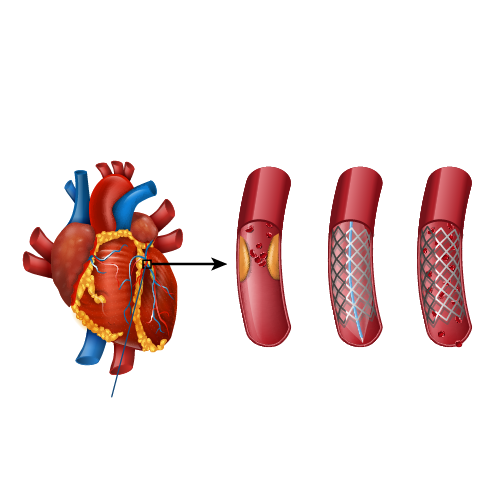
Angioplasty
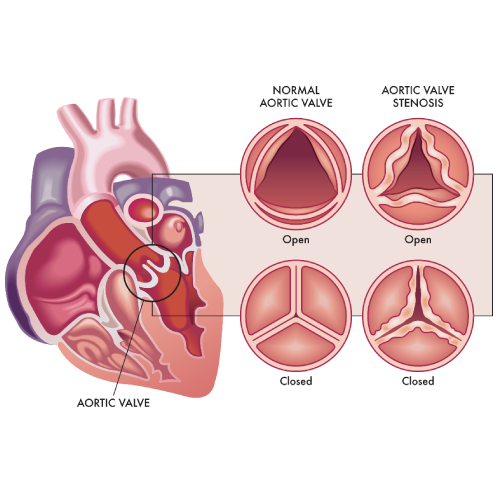
Aortic Stenosis
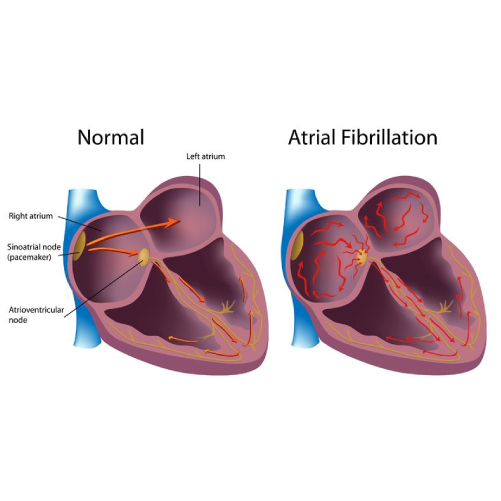
Atrial Fibrillation
